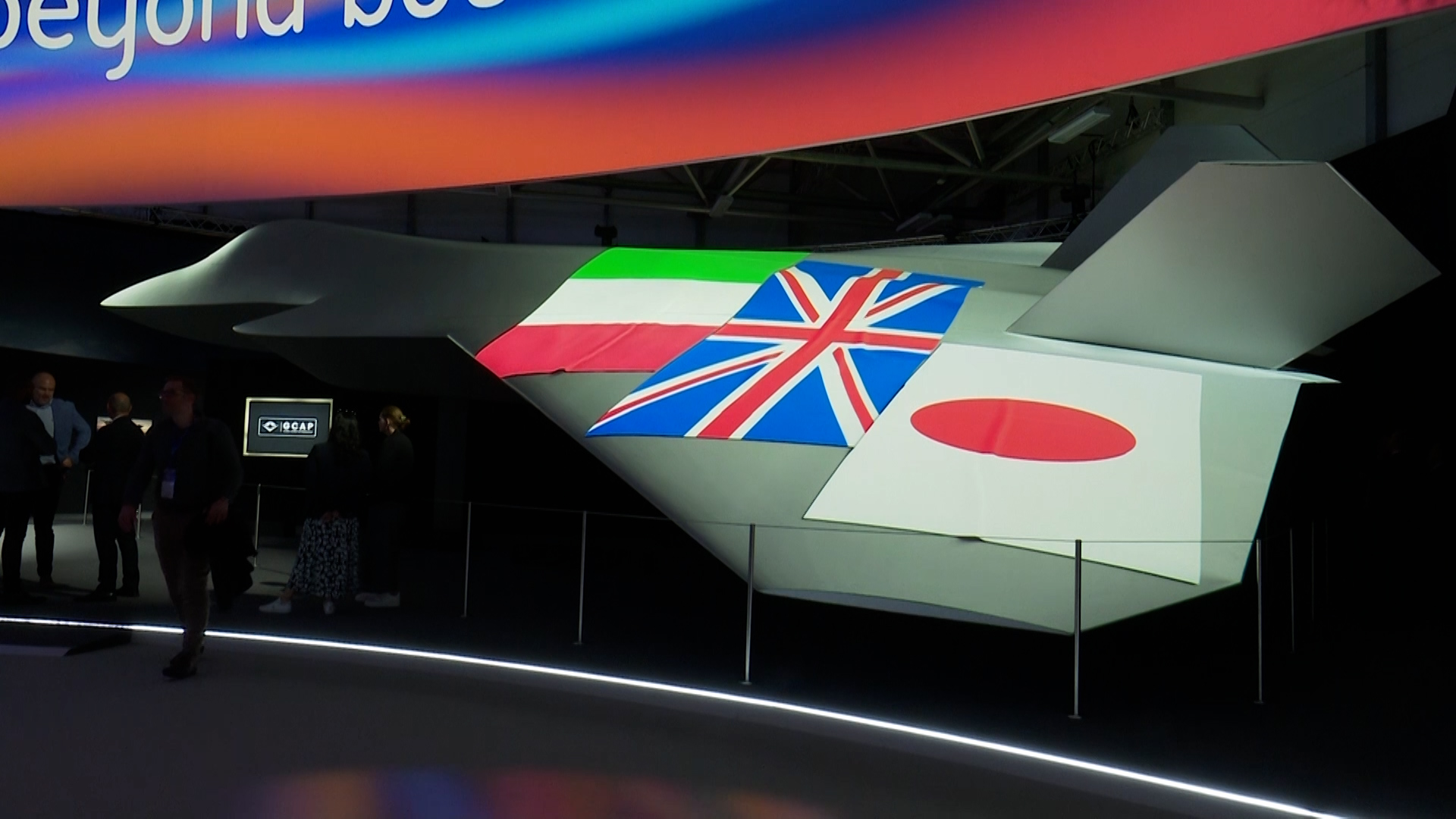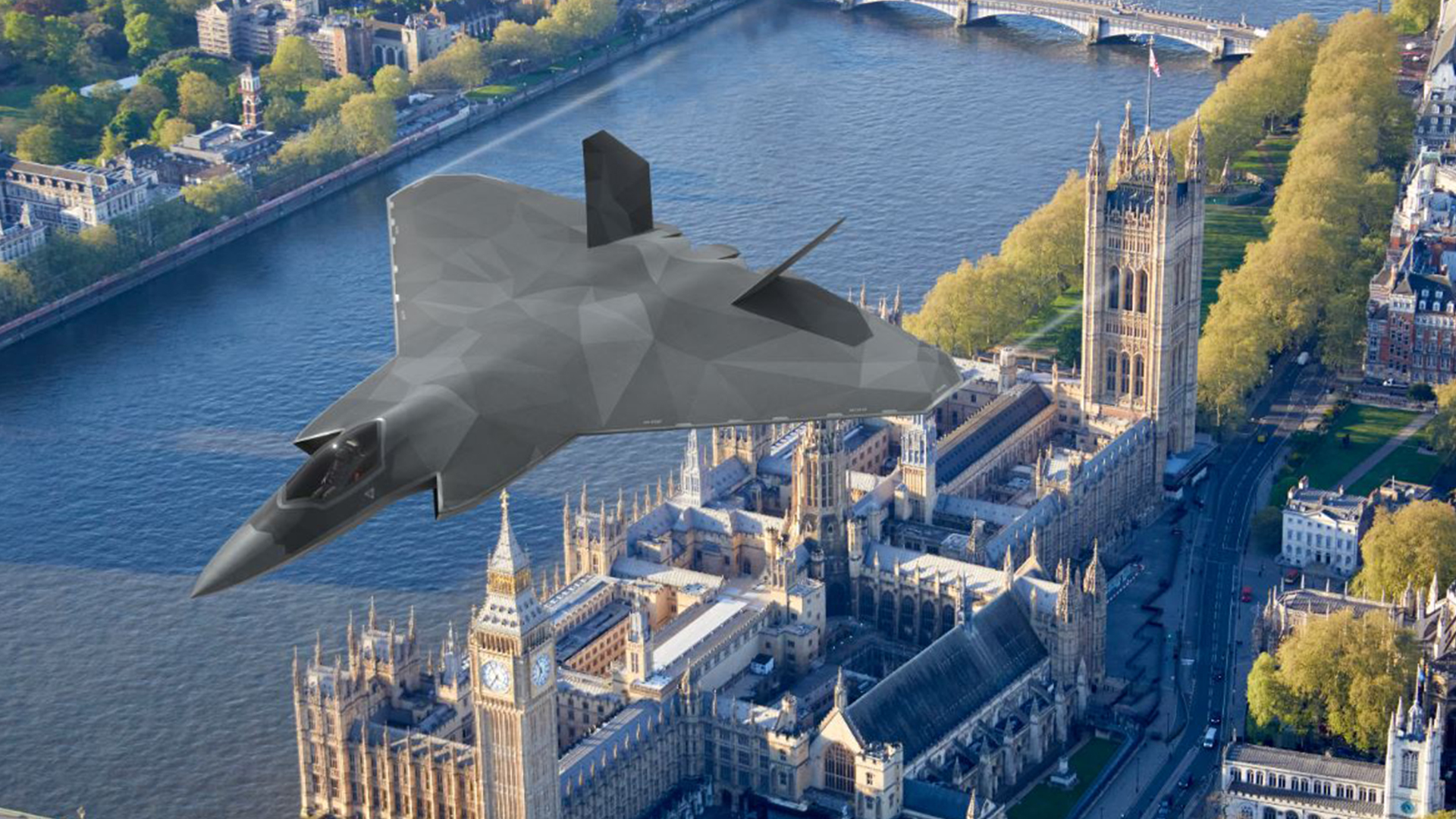
UK not sharing tech on Tempest fighter jet project, Italian defence minister claims

Italy's defence minister has claimed the UK is not fully sharing technologies from the Tempest next-generation fighter jet project with his country and Japan.
Guido Crosetto said Japan and Italy, who are both partners with the UK on the project, were being left in the dark with some information, and called for London to bring down the "barriers of selfishness".
He also emphasised the importance of the Global Combat Air Programme (GCAP), which is aiming to develop the next-gen Tempest, adding that sharing technology when making investments together was crucial to a "serious relationship".
"There is no longer anyone who can be considered first and second class and who wants to defend old legacies," he said.
"You have to break down some barriers of selfishness. Italy has broken them down totally, Japan almost totally.
"It seems to me that the UK is much more reluctant to do this, and that's a mistake because selfishness is the worst enemy of nations."
Despite his criticism, Mr Crosetto did not specify what tech he thought Britain was holding back.
When asked about his comments, the Ministry of Defence said GCAP was a "leading example of the strength of joint programmes".
"The technologies we are developing and the capabilities we are building together are at the cutting edge of science and engineering," said an MOD spokesperson.
"Collectively, we will take to the skies one of the world's most advanced fighter jets."
Italy is looking for Saudi Arabia to join the programme, which Mr Crosetto said was an example of how defence cooperation could be extended to countries outside Europe.
"The choice of Japan was key in this respect, so would be Saudi Arabia, which has a need for technological growth and has more resources available than our three countries," he said.
Last year, the UK, Italy and Japan announced they would set up a joint company, one step on from the initial agreement in 2022.
Britain's BAE Systems, Italy's Leonardo and Japan's Aircraft Industrial Enhancement will all hold a 33.3% share of the company.

Tempest is expected to come into RAF service from 2035 to replace the capabilities provided by the Typhoon.
The RAF says of the project: "Tempest will provide several modes of operation, combining manned, unmanned and optionally-manned platforms, with onboard and offboard data processing and a range of pilot decisions aids when manned flight is being conducted. This is called scalable autonomy.
"Scalable autonomy will be key in the future as operating environments become more complex and threats become more sophisticated and dangerous.
"Speed, manoeuvrability and payload will also be key in the future. Our aerodynamicists and engineers are optimising the aerodynamic performance of the Tempest concepts to achieve what we call 'balanced survivability design'."









